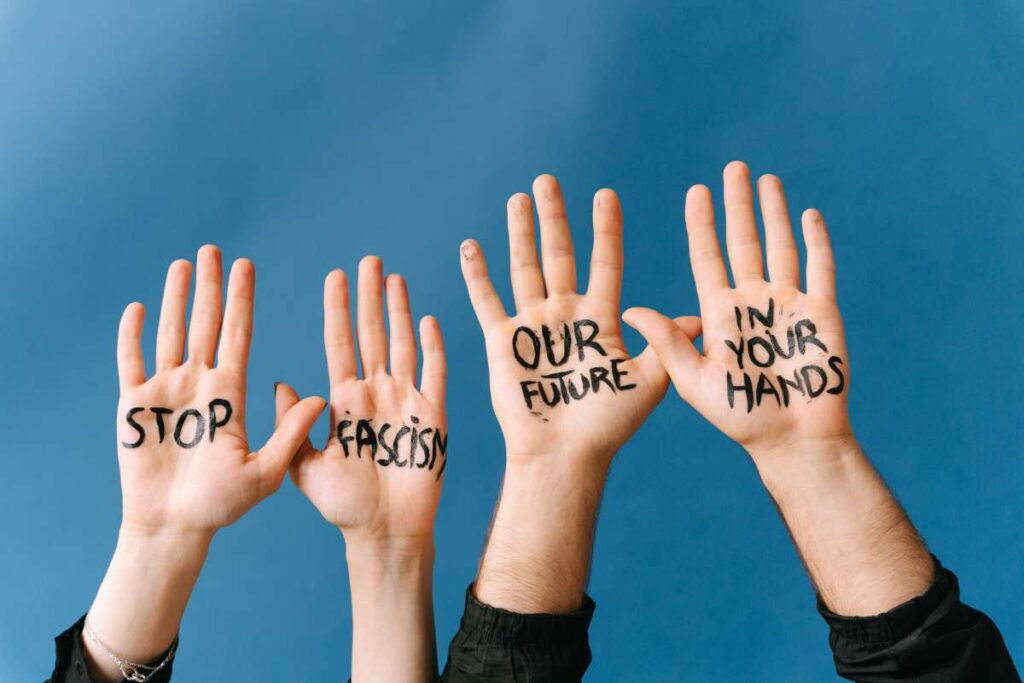Across the United States, a wave of anti-education laws is reshaping public learning. By the end of 2022, 28 states had introduced or enacted measures targeting educational content, ranging from banned books to laws silencing teachers and rewriting curriculum. Sixteen states passed anti- Political Education legislation, further narrowing what can be taught in classrooms. Advocates warn these moves are not just policy changes but authoritarian tactics designed to restrict access to knowledge and weaken democratic engagement.
Many point to an erosion of institutional checks and balances under former President Donald Trump as a broader backdrop to these legislative shifts. The laws are part of what experts call a new wave of American fascism, an effort to suppress critical thought and limit public understanding of power and history. In response, educators, activists, and community leaders are turning to political education as a powerful countermeasure. Political education goes beyond civics; it teaches communities how systems of oppression function and how to organize for transformative change.
The Backlash Against 2020 Uprisings and the Civic Crisis
The surge in political activism following the 2020 racial justice protests sparked a renewed focus on public education. As people took to the streets, they also took to digital spaces to learn about structural racism, abolition, and civil rights. However, conservative groups quickly mobilized in response. Figures like Christopher Rufo and organizations such as Moms for Liberty and Parents Defending Education spearheaded campaigns against critical race theory (CRT) and launched book bans across schools nationwide.
These attacks come at a time when the U.S. already faces a civic education crisis, with many Americans lacking even a basic understanding of government or history. The new laws risk deepening that ignorance for future generations. Critics argue this is by design: a strategy to prevent people from understanding the root causes of inequality and injustice. Without that knowledge, building an informed, active citizenry becomes increasingly difficult.
By targeting the tools people use to understand power curricula, educators, and historical narratives, right-wing operatives aim to suppress dissent and limit collective action. The growing movement for political education aims to fill that gap, reviving traditions of community learning and resistance.
Reclaiming Power Through Political Education
Political education has long been a tool for liberation. From the Freedom Schools organized by the Student Nonviolent Coordinating Committee (SNCC) in the 1960s to the 2020 online teach-ins by groups like Critical Resistance, this form of learning has empowered people to connect personal experience to broader political structures. It emphasizes collective analysis, dialogue, and action building, not only knowledge, but also communities capable of transformative change.
Organizations like the Zinn Education Project, The People’s Forum, and Slow Factory’s Open Edu continue to lead these efforts, offering workshops, study groups, and toolkits for people to engage in political learning. Local mutual aid groups and community centers also provide grassroots spaces for education and solidarity.
As authoritarian efforts to silence truth grow bolder, political education becomes more urgent. It resists erasure, fosters critical consciousness, and encourages action. In a time when learning itself is under threat, teaching and studying together is one of the most powerful forms of resistance.

